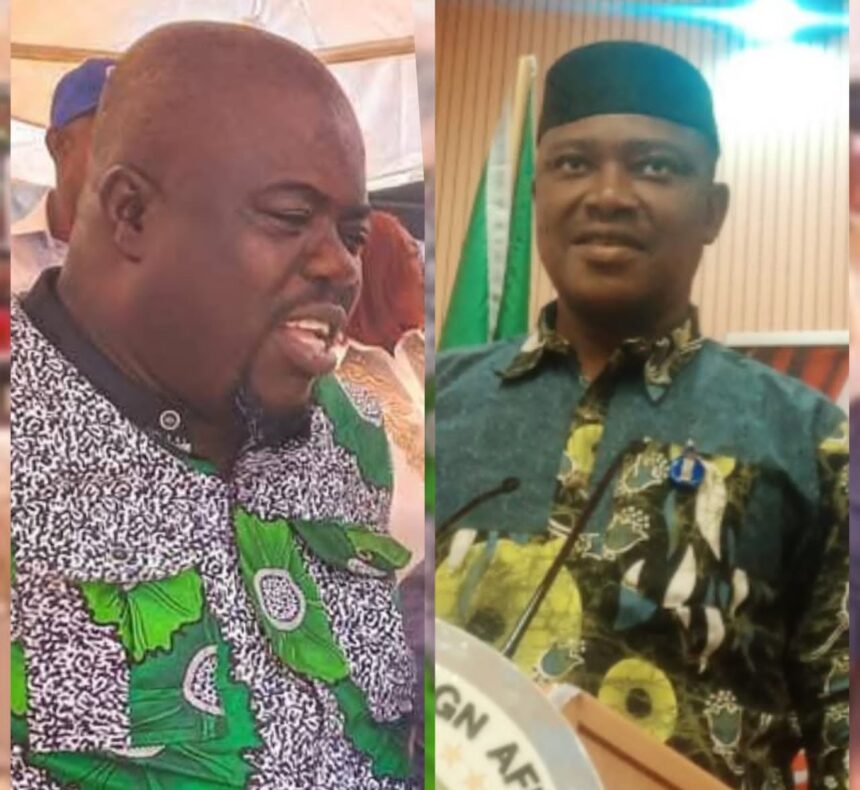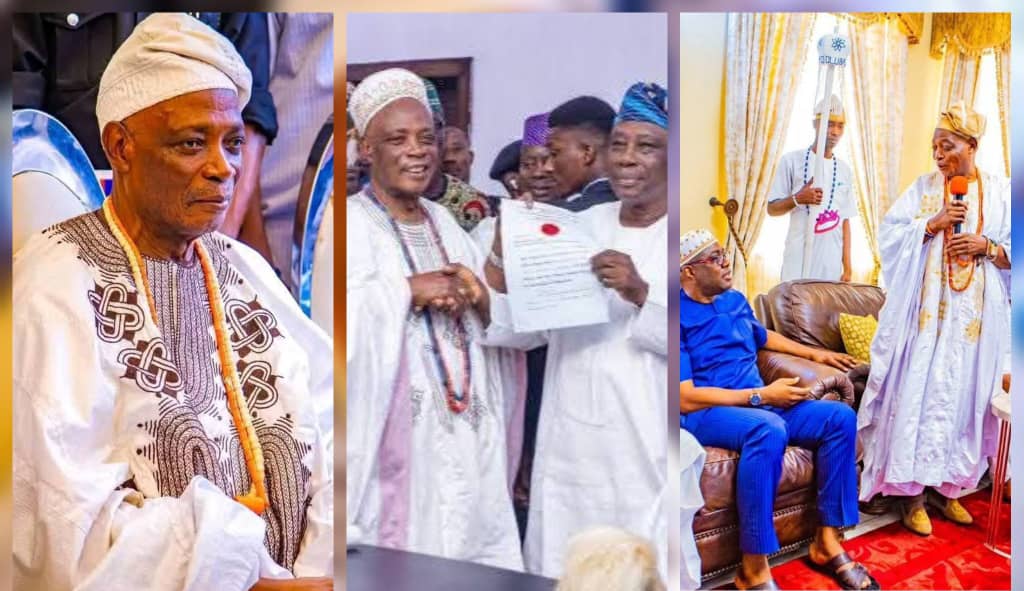George Sinclair, a hopeful in the upcoming Bayelsa State governorship election, has strongly condemned recent media attacks targeting Hon. Doubara Kumoko, the Youth Governor of Bayelsa State. In a public statement, Sinclair described the attacks as a “cowardly act” and an affront to both the person of Kumoko and the broader ideals of youth leadership and democratic development in the state.
The condemnation comes amid increasing political tensions in Bayelsa, as different factions and interest groups position themselves ahead of the next gubernatorial polls. Sinclair, known for his outspoken views on governance and youth inclusion, issued a pointed rebuke of the smear campaign against Kumoko, warning that such actions threaten to derail the state’s democratic progress.
According to Sinclair, his personal relationship with Hon. Kumoko dates back decades, when the two men were classmates at the Sports Institute of Rivers State, located in Isaka. He described Kumoko as a person of integrity and resilience, highlighting their shared experiences during their formative years as the foundation for a lasting friendship rooted in mutual respect and public service.
“Hon. Doubara Kumoko is a man of unshakable character—loyal, courageous, and deeply committed to the growth of Bayelsa,” Sinclair stated. He added that Kumoko’s dedication to youth empowerment and governance has made him a respected figure in the state’s political landscape.
Sinclair also credited Kumoko with playing a vital role in the election of Governor Douye Diri, calling it a testament to his political relevance and deep commitment to good governance. He emphasized that Kumoko has long been a vocal advocate for inclusive leadership and has consistently backed Sinclair’s vision for a more prosperous Bayelsa.
“Countless times, he has assured me of his unwavering support for my aspiration to lead Bayelsa State,” Sinclair said, noting that his own ambition to serve as governor is not driven by personal gain but by a shared desire to uplift the people of the state.
In expressing solidarity with Kumoko, Sinclair said he sympathized with him during what he described as a trying period. He voiced confidence that Kumoko would emerge stronger and more determined from the ordeal.
“We stand with him, and we will continue to defend the ideals of justice, unity, and purposeful leadership in Bayelsa,” Sinclair affirmed.
He further called on the citizens of Bayelsa to rise against what he termed “political desperation” and to reject tactics of intimidation and misinformation. According to Sinclair, the attacks on Kumoko should serve as a wake-up call for all Bayelsans to unite in protecting the values of truth, fairness, and democratic accountability.
“Our future must not be held hostage by those who fear the rising light of truth and transformation,” he declared.
Sinclair’s statement underscores the rising importance of youth leadership in Bayelsa’s political discourse, as well as the growing demand for clean and issue-based politics. With the state’s political climate heating up ahead of elections, observers say the response from leaders like Sinclair could signal a new direction in the tone and conduct of campaigns.
While Hon. Doubara Kumoko has not yet issued a public response to the media attacks, sources close to the Youth Governor indicate that he remains focused on his duties and is undeterred by the recent wave of criticism.
The broader impact of Sinclair’s defense of Kumoko remains to be seen, but political analysts believe it could help rally support among the youth and civic-minded voters who are increasingly disillusioned by political infighting and smear campaigns.
As political activities intensify in Bayelsa State, calls for a more respectful, policy-driven political atmosphere are likely to grow. Sinclair’s remarks appear to align with that sentiment, positioning him not just as a governorship hopeful, but also as a voice for principled leadership and inclusive governance.





